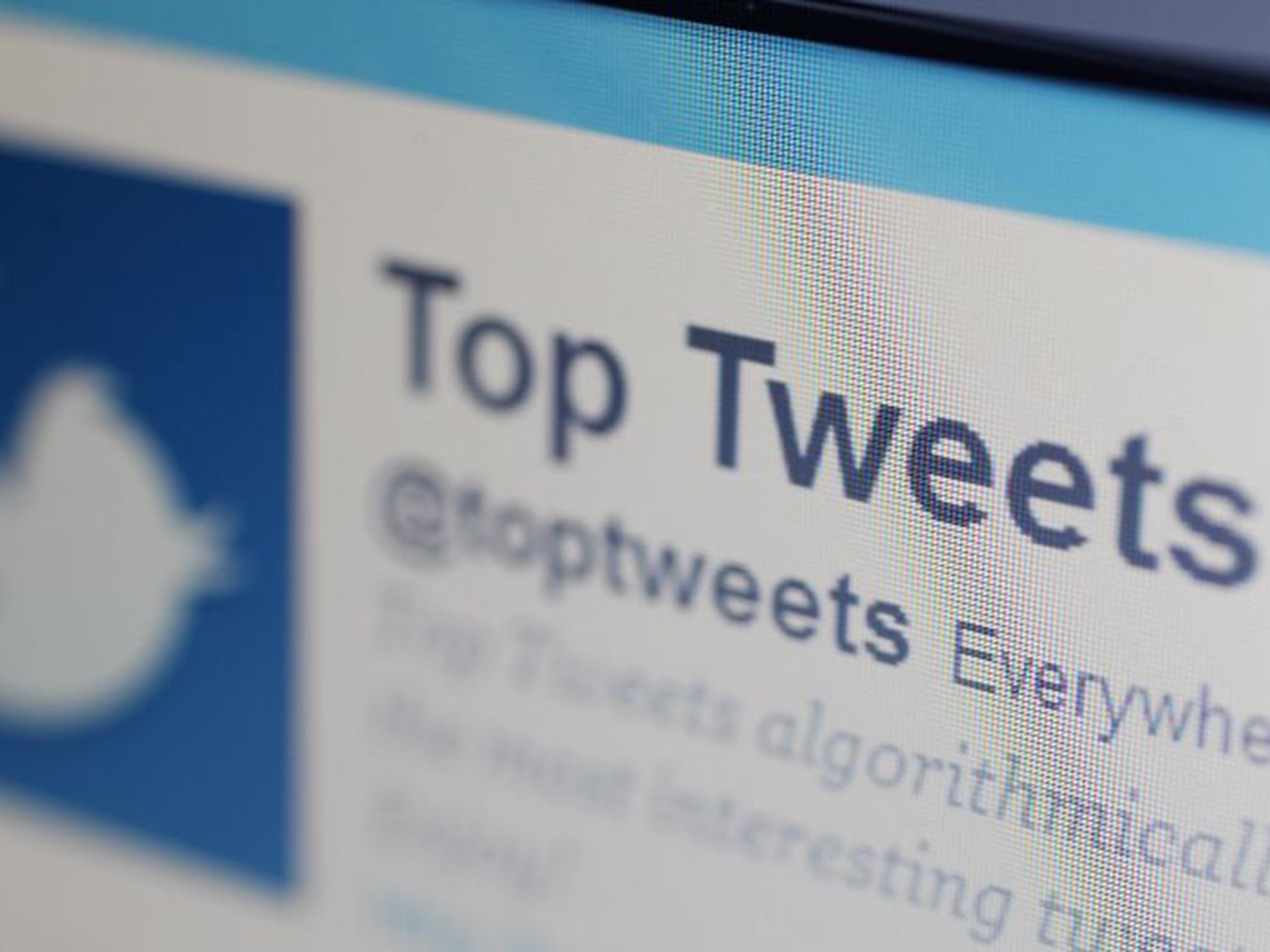So You’ve Been Publicly Shamed by Jon Ronson, book review: You are what you tweet
This is a timely missive from the eye of the Twitter storm, a reminder that the things we do there have real-world consequences

Hot on the heels of guilty pleasure, shame was one of the first emotions felt by Adam and Eve after they ate from the tree of knowledge. It is, sociologists say, the “primary social emotion” – less the glue that binds us, more the whip that hangs over us.
Shame is powerful. Shame burns. People are said to die from shame. Of all of the phenomena Jon Ronson has turned his owlish gaze on – the insanity industry in The Psychopath Test (2011), David Icke and his conspiratorial ilk in Them: Adventures with Extremists (2001), improbable US military psy-ops units in The Men who Stare at Goats (2004) – So You’ve Been Publicly Shamed is possibly his most ambitious project yet. Shame is vast and, as Ronson reveals, it’s hit the internet, the modern era’s very own ruined Eden, in a big way.
It’s hard to disagree with Ronson’s claim that we are in the midst of a “great renaissance of public shaming”. Not a day seems to pass without someone ending up in the digital dock. Sometimes the shaming is righteous. Just last week Diplo, the famously misogynistic DJ, was harangued on Twitter after he responded to the artist Rebecca Monk’s complaints that he had stolen her work by offering to “eat her out and massage her boobs at the same time”. At other times, it seems gratuitous. Last week, Professor Mary Beard – no stranger to misogynistic attacks – wandered into the path of a bloodthirsty Twitter mob. “I feel so battered,” she wrote. “I just want to curl up.”
So You’ve Been Publicly Shamed is a timely missive from the eye of the Twitter storm, a reminder that people on the internet are real, and the things we do there have real-world consequences. “When shamings are delivered like remotely administered drone strikes,” Ronson writes, “nobody needs to think about how ferocious our collective power might be. The snowflake never needs to feel responsible for the avalanche.” His mission throughout is to address this imbalance: to compensate for the poverty of empathy that exists in the online world.
Considering the anus-shrivelling history of public shaming, it is a testament to Jon Ronson’s almost childlike innocence that the first few steps in his journey are ones of hope. As he writes, in the early days of online shaming it felt like “giants were being brought down by people who used to be powerless … When we deployed shame, we were utilizing an immensely powerful tool. It was coercive, borderless, and increasing in speed and influence. Hierarchies were being levelled out. The silenced were getting a voice. It was like the democratization of justice.” As with any powerful coercive tool, however, it was not long before its use was perverted.
Ronson manages to win the confidence of those who have weathered modern public shamings, and their stories are medieval. Lives are being torn apart for crimes as piddling as making poor-taste jokes. Some of the names in his cast of the condemned are well known: the American writer Jonah Lehrer and our very own Max Mosley appear at opposite ends of the shaming survival spectrum. Others, such as Christine Sacco and Lindsey Stone, were once ordinary people. Almost all have had their lives upended. One of his subjects now suffers from PTSD, others are crippled by paranoia, most lost their jobs. “I cried out my body weight in the first 24 hours,” one victim recalls. At moments So You’ve Been Publicly Shamed feels like a guided tour through the ruins of other people’s lives.
History tells us that the public shamings of the past were, physically, often extremely cruel. In ancient Greece, a man caught in adultery could be stripped naked and made to suffer an “overgrown radish” or – get this – a spiny fish (dead or alive?) inserted into his anus as the community looked on. In Scotland, well into the 18th and 19th centuries, the pillory, the scold’s bridle, and the “rough music” of charivari were deployed against those who crossed boundaries.
Unpleasant though they undoubtedly were, old school public shamings at least carried the possibility of redemption. The internet rarely forgives and never truly forgets. As Ronson reveals, shame has become one of its common currencies. For the sake of a few extra page views, retweets and “likes” we are wrecking people’s lives.
While So You’ve Been Publicly Shamed does contain some handy tips for someone at the heart of a twitter storm (either zip up or brazen it out), it is not primarily a survival guide. Rather, it is a brilliantly articulated, sensitively rendered attempt to reform the world. With the internet we were given a blank canvas, and we ended up creating a society more vicious than ancient Greece and even less forgiving than an 18th century Presbyterian village. Shame.
Join our commenting forum
Join thought-provoking conversations, follow other Independent readers and see their replies
Comments